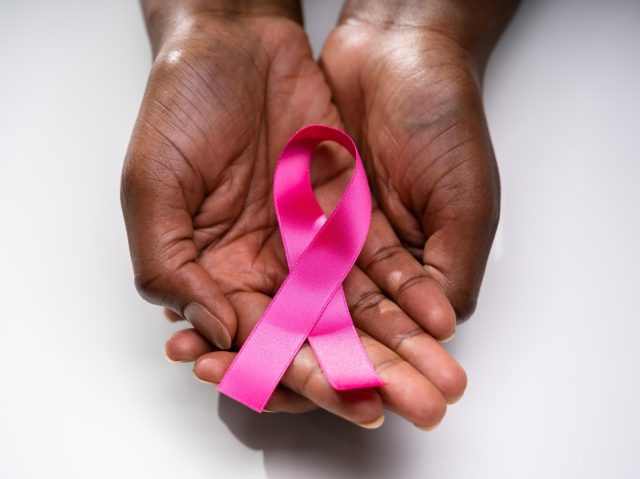Estimated burden of 19.9 percent reported for body mass index and 41.9 percent for Clínica Universidad de Navarra-Body Adiposity Estimator
By Elana Gotkine HealthDay Reporter
THURSDAY, Oct. 17, 2024 (HealthDay News) — Excess body fat plays a role in postmenopausal hormone receptor-positive breast cancer, which could be underestimated using only body mass index (BMI), according to a study published online Oct. 17 in the Journal of Epidemiology and Community Health.
Naiara Cubelos-Fernández, from the University of León Institute of Biomedicine in Spain, and colleagues conducted a case-control study of 1,033 breast cancer cases and 1,143 postmenopausal population controls to compare the burden of postmenopausal breast cancer attributable to excess body fat calculated using BMI and the Clínica Universidad de Navarra-Body Adiposity Estimator (CUN-BAE). Odds ratios were calculated and the population attributable fraction (PAF) of excess weight related to breast cancer was estimated for both measures.
The researchers found that excess body weight attributable to the risk for breast cancer was 23.0 and 38.0 percent when using a BMI value ≥30 kg/m2 and when using a CUN-BAE value of ≥40 percent body fat, respectively. These differences in PAFs were only seen in hormone receptor-positive cases, with an estimated burden of 19.9 and 41.9 percent for BMI and CUN-BAE, respectively.
“This information could influence cancer prevention initiatives by highlighting the role of excess body fat in the development of breast cancer and by raising awareness among health care professionals and the public,” the authors write.
Copyright © 2024 HealthDay. All rights reserved.



















